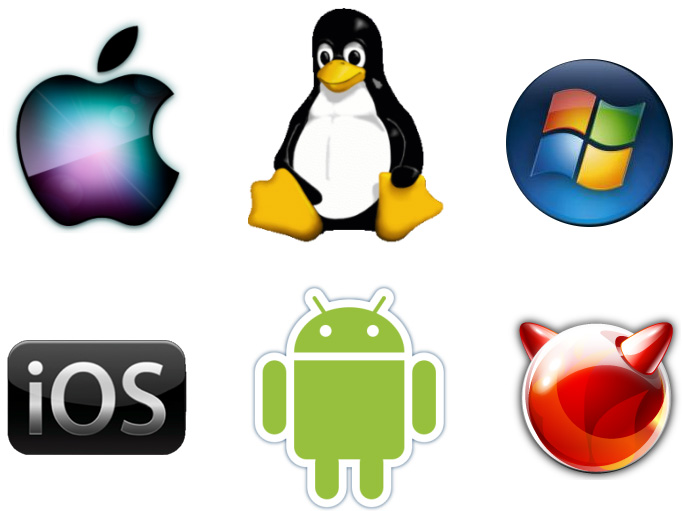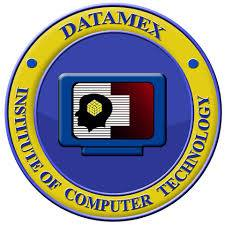
An operating systems course typically provides a comprehensive understanding of how an operating system functions, covering key concepts like process management, memory allocation, file systems, scheduling algorithms, inter-process communication, device management, and security mechanisms, with a focus on how the OS acts as an interface between hardware and user applications, efficiently managing system resources to allow smooth program execution; students may also gain practical experience through implementing parts of a simple operating system to solidify theoretical knowledge.
